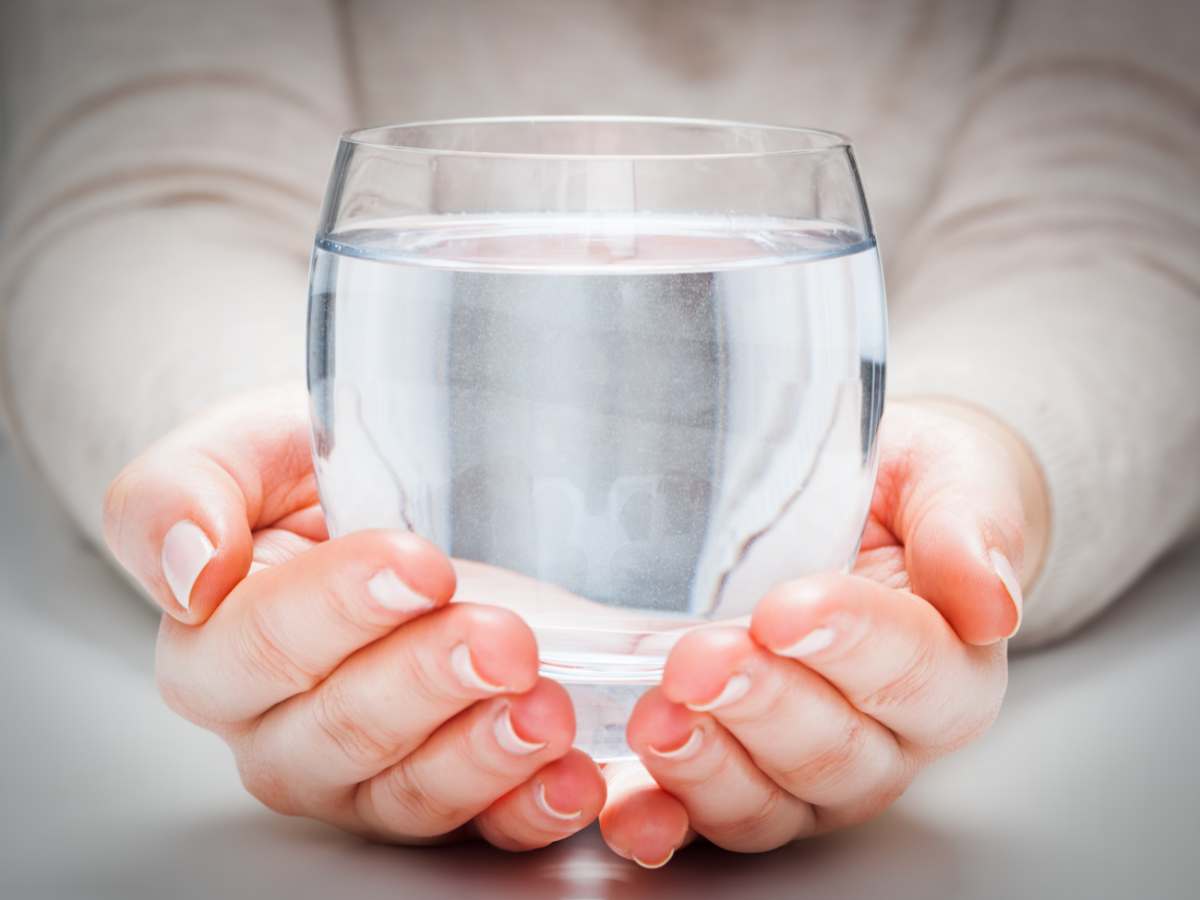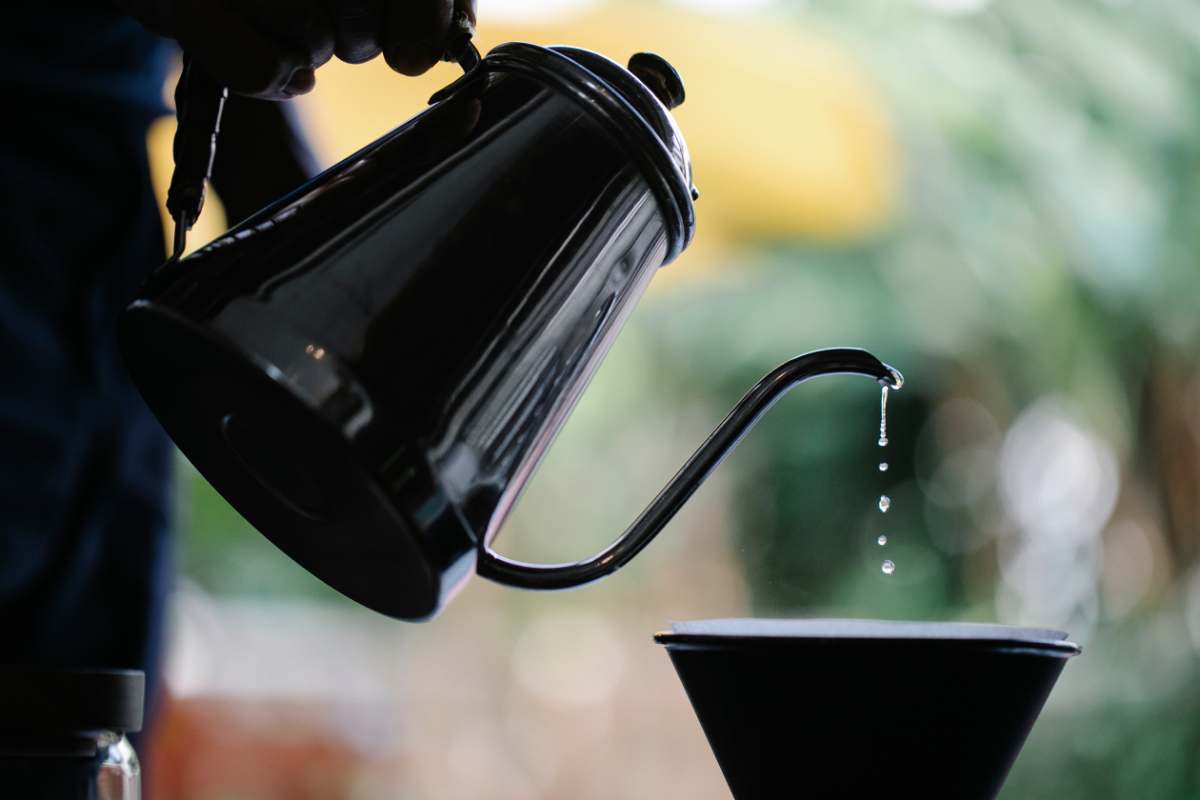Last Updated on August 26, 2024
One of the most overlooked yet pivotal elements in brewing a great cup of coffee is the water you use.
The beans, grind, and brewing technique are often the focus of a coffee connoisseur’s attention, but the quality of water plays an equally important role in shaping the final taste of your coffee. Let’s dive into why this is the case.
Isn’t all water the same?
Water’s influence on coffee is anything but straightforward. The characteristics of the water you use can dramatically alter the taste of your coffee. This variation is due to several factors, including purity, mineral content, and pH level. They all interact with coffee grounds in unique ways during the brewing process.
Purity

Water purity refers to the absence of impurities and contaminants. These can range from chlorine—commonly used to treat tap water—to organic compounds and trace chemicals from various sources.
Each of these impurities can impart subtle, and sometimes not-so-subtle, flavors to your coffee. For example, water that’s high in chlorine can give your coffee an unwelcome chemical taste that detracts from its natural flavor.
Mineral Content
Minerals like calcium and magnesium play a vital role in the extraction of flavors from coffee grounds.
Water with a high mineral content, known as hard water, can lead to an over-extracted brew with a bitter taste.
Soft water that is low in minerals might not extract enough flavor, resulting in a weak and insipid cup.
The ideal water for coffee is somewhere in between, with a balanced mineral content that can extract the right flavors effectively.
pH Level
The pH level is a measure of water’s acidity or alkalinity. Water with a high pH (more alkaline) can make the coffee taste flat and dull. Water with a low pH (more acidic) can interfere with the extraction process, potentially leading to a sour-tasting brew.
A balanced pH in your water will help you achieve a well-rounded and flavorful cup of coffee.
Regional Differences
Water quality varies depending on where you live. Factors like the source of the water, local treatment methods, and even the materials used in your plumbing can affect the taste and quality of your water. This means coffee brewed in one city can taste noticeably different from coffee brewed in another place—even if the same beans and brewing method are used.
How to Get the Best Water
If you want to brew with the best possible water, consider these options:
- Bottled Water: Choose bottled water with a balanced mineral content, but be mindful of the environmental impact of plastic bottles.
- Filtration Systems: Home filtration systems can effectively remove unwanted chemicals and adjust mineral content, improving the taste of your tap water.
- Water Testing Kits: These kits can help you understand the composition of your tap water and make necessary adjustments.
- Specialty Coffee Water: Some companies offer water designed specifically for coffee brewing, with an ideal balance of minerals and a suitable pH level.
By understanding and controlling the purity, mineral content, pH level, and taking into account regional differences, you may be able to elevate your coffee experience simply by improving your water.
Just remember, great coffee isn’t just about the beans—it’s also about the water you brew them with.


